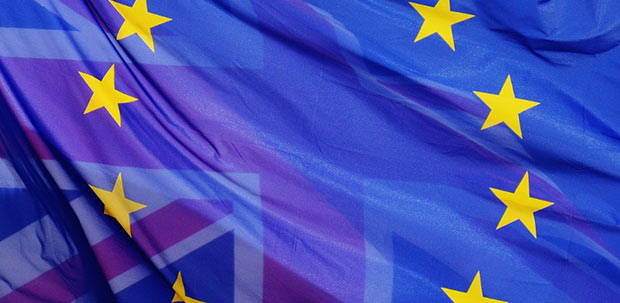The UK is to leave the European Union on Friday 29 March 2019. Preparations are in full swing and even a time of departure has been scheduled – 11pm, UK time.
One question we hear a lot is:
‘What’s going to happen to all the EU laws in force in the UK?’
It’s a good question, as it doesn’t necessarily mean they’re going to stay put or automatically disappear.
So far, the government has put forward the European Union Withdrawal Bill to Parliament which if it is passed, will end the prominence of EU law in the UK. The bill incorporates all EU legislation into UK law and will mean the government then decides which parts will remain, change or be removed. This will happen over a period of time and it won’t be instant.
Therefore at this stage, we can’t say for certain what will stay and what will go.
What has happened so far?
One thing that MPs have already voted against is including the European Charter of Fundamental Rights in UK law following Brexit.
The charter refers to a range of basic protections, for example, the right to a private life, freedom of speech, equality provisions and employment rights. Don’t panic though, ministers insist these protections already exist in British law or will be incorporated through other EU directives.

Earlier in March 2018, Theresa May explained how British courts would become sovereign after Brexit.
She said: “The second hard fact is that even after we have left the jurisdiction of the European Court of Justice (ECJ), EU law and the decisions of the ECJ will continue to affect us.
“For a start the ECJ determines whether agreements the EU has struck are legal under the EU’s own law.
“When we leave the EU the Withdrawal Bill will bring EU law into UK law. That means cases will be determined in our courts, but where appropriate our courts will continue to look at the ECJ’s judgements as they do for the appropriate jurisprudence of other countries courts.
“If as part of our future partnership Parliament passes an identical law to the EU law, it may make sense for our courts to look at the appropriate ECJ judgments so we both interpret those laws consistently.”
She went on to say: “In the future the EU treaties and hence EU law will no longer apply in the United Kingdom. The agreement we reach must therefore respect the sovereignty of both the UK and the EU’s legal orders and that means the jurisdiction of the ECJ in the UK must end.”

